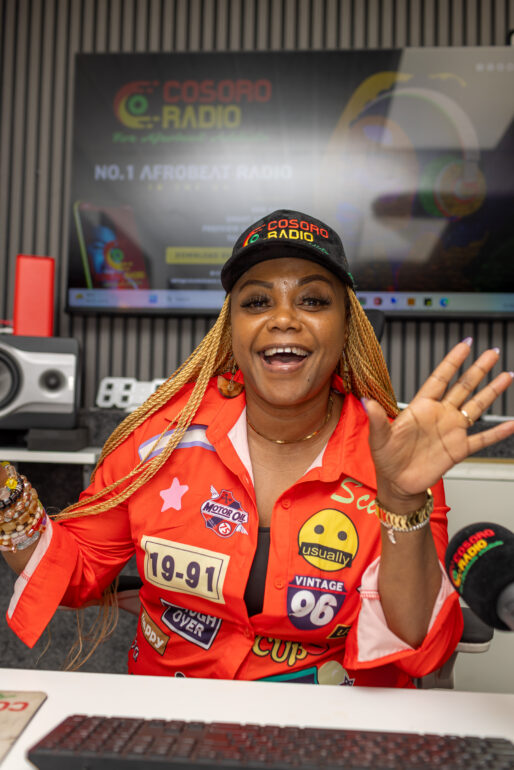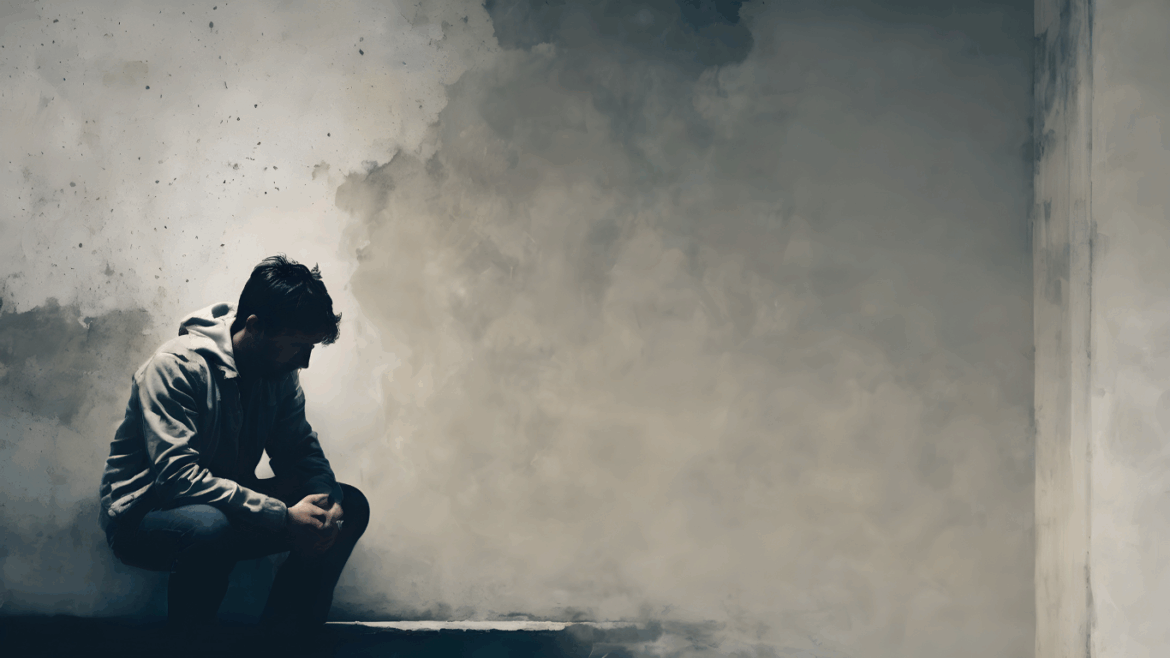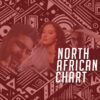Listeners:
Top listeners:
-
 play_arrow
play_arrow Cosoro Afrobeats UK's No.1 Afrobeats Radio Station
-
 play_arrow
play_arrow Cosoro Pidgin Na we b d No.1 UK Pidgin Radio
-
 play_arrow
play_arrow Cosoro Evergreen UK's No.1 Radio for Timeless African Sounds
Breaking the Myths — Understanding Depression from an African Perspective

In many African societies, conversations about mental health remain cloaked in silence, shame, and misunderstanding. Julie E’france, a passionate mental health advocate, opens up about her journey with depression, challenging long-held cultural myths and urging Africans to recognize depression as a real, treatable medical condition.
The Silence Around Mental Health in Africa
Growing up in Africa, Julie recalls that “you could never have heard of depression.” Emotional distress was often dismissed as weakness, spiritual punishment, or even witchcraft. The idea of seeking help or talking openly about mental health was foreign. Depression, when visible, was commonly mistaken for “madness,” creating fear and stigma that forced many to suffer in silence.
This silence is not unique to her experience. Across the continent, cultural narratives around resilience, the idea that “Africans are too strong to be depressed” — have deep roots. Depression is often viewed as a “Western problem,” irrelevant to African life. Yet research consistently shows that mental health challenges affect people globally, regardless of geography or culture.
Debunking the Myths

Julie highlights several pervasive myths about depression in Africa:
-
Myth 1: Depression is a personal weakness.
Many are told to “toughen up” or simply pray away their sadness. But as Julie stresses, “Depression is not a matter of willpower — it’s a genuine health condition.” -
Myth 2: Depression is caused by evil spirits or witchcraft.
In some communities, depression is believed to be a curse, a punishment from ancestors, or possession by spirits. Such beliefs, while rooted in cultural and spiritual traditions, often prevent people from accessing medical care. -
Myth 3: It’s only a Western concept.
Contrary to popular belief, depression affects millions across Africa. According to the World Health Organization, the African region has one of the highest rates of untreated mental health conditions due to limited resources, stigma, and cultural misconceptions.
The Reality: Depression Is a Universal Human Experience
Modern understanding recognizes depression as a complex mental health condition that affects mood, thoughts, and physical well-being. Symptoms often include prolonged sadness, hopelessness, fatigue, and social withdrawal. As Julie explains, “You slowly shut yourself down… withdraw from everything you ever wanted to do.”
Depression’s roots often lie in social and economic adversity — poverty, unemployment, conflict, and trauma — realities that affect millions of Africans daily. Acknowledging this does not diminish the cultural or spiritual frameworks that shape people’s understanding of suffering; instead, it bridges the gap between tradition and science.
Toward a Balanced Approach: Blending Culture and Care
Julie advocates for a culturally sensitive approach to mental health treatment in Africa, one that respects spiritual beliefs while embracing evidence-based medical care. “Experts suggest integrating cultural and spiritual traditions with professional treatment,” she notes.
This means:
-
Training community health workers to recognize and treat depression.
-
Partnering with traditional healers to dispel myths and encourage referrals to medical professionals.
-
Launching public awareness campaigns to educate communities about the signs, causes, and treatments of depression.
Such integration ensures that care is not perceived as foreign or “un-African,” but as part of a holistic approach to well-being.
Julie’s message is both personal and powerful: depression is real, and Africans can no longer afford to shy away from it. Her courage to speak openly challenges generational silence and inspires a new cultural shift toward compassion, understanding, and healing.
“Recognizing depression as a legitimate health issue and combining the strengths of our cultural resources with medical care,” she says, “is the most effective path forward.”
Julie E’france’s reflections are a call to action for African communities: to replace stigma with empathy, myths with education, and silence with open dialogue. Depression is not a weakness, not a curse, it is a universal human condition deserving of care, respect, and understanding
Written by: Adedoyin Adedara
Similar posts
Recent Comments
No comments to show.
Copyright © 2025 Cosoro Radio | All rights reserved









